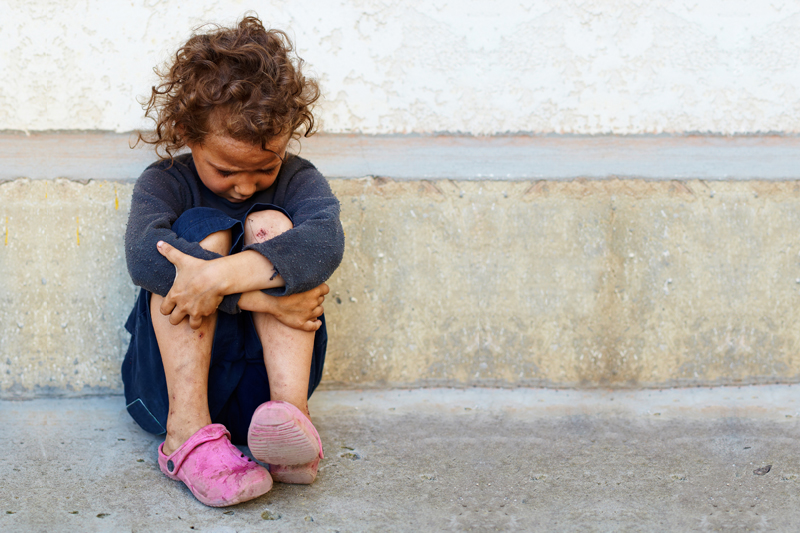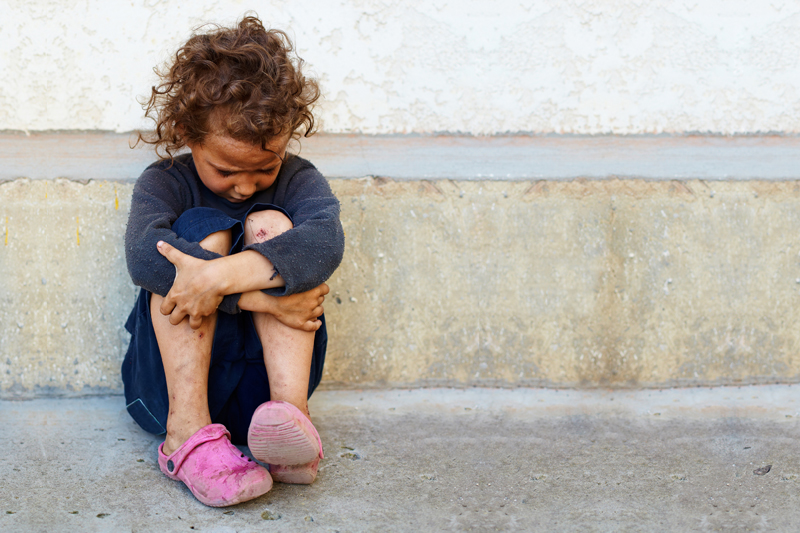Online Safety for Children

Parents need to talk to children about safety while online. Set limits for where children can surf and what information he or she may release. Internet safety guidelines are important for children allowed to use the internet. The National Center for Missing and Exploited Children (NCMEC) says, “One in seven youths (10 to 17 years) experience a sexual solicitation or approach while online.” Does your child know what to do if someone writes something inappropriate in an IM (instant message)or e-mail message? Sign-off and tell a grown-up immediately.
Children are safe at home in their bedroom right. Amazingly, a parent who would never let their 12-year-old walk to the corner store alone allows the same 12-year-old to travel the world unsupervised. Children who surf the World Wide Web alone in his or her bedroom with out any parental supervision are in danger. The child is in danger of giving out to much personal information or in danger of agreeing to meet with an online friend in person. Often children believed that he or she was talking to a friend his or her age online when in reality they were conversing with an adult who was misleading the child, sometimes even a pedophile.
Children and teens inadvertently give more information than they may realize. Often teens will tell everything but their real name. For instance, he or she may tell that they live in a small town in the state of (enter your state), they are a junior cheerleader or football player, and that their High School Football Team just made State Champions for the third year in a row. With the abilities of the World Wide Web, it would not a lot of time to dig up the school that this person attended. If conversing with a pedophile it is possible, he might wait outside her school one day. Perhaps she has already sent a photo of herself believing the person she was conversing with online was another girl or even cheerleader her age.
Children, especially teenagers, need to know that they should never send personal photographs over the internet. Nor give out personal information, including name, address, and telephone number, school name, or location. Use a screen name that does not include your real name. Never meet anyone from online or a chat room in person. Do not respond to a threatening or sexually explicit email or instant message, sign off and tell a grown up. Always tell a parent or adult about any online conversation that makes you uncomfortable.
Remember, the internet harbors a dark side where pedophiles and criminals have found ways into our homes with out ever having to leave the comfort of their home. By allowing children, unlimited computer access behind closed doors a child is at risk. A parent cannot know what is truly taking place online in a child’s bedroom when the parent cannot see or does not talk about internet safety with their child. Would you let into your child’s room any Tom, Dick, or Harry who knocked on the front door of your home? You are doing just that if you do not monitor your child’s online activities. Talk to your child before it is too late.
Children are safe at home in their bedroom right. Amazingly, a parent who would never let their 12-year-old walk to the corner store alone allows the same 12-year-old to travel the world unsupervised. Children who surf the World Wide Web alone in his or her bedroom with out any parental supervision are in danger. The child is in danger of giving out to much personal information or in danger of agreeing to meet with an online friend in person. Often children believed that he or she was talking to a friend his or her age online when in reality they were conversing with an adult who was misleading the child, sometimes even a pedophile.
Children and teens inadvertently give more information than they may realize. Often teens will tell everything but their real name. For instance, he or she may tell that they live in a small town in the state of (enter your state), they are a junior cheerleader or football player, and that their High School Football Team just made State Champions for the third year in a row. With the abilities of the World Wide Web, it would not a lot of time to dig up the school that this person attended. If conversing with a pedophile it is possible, he might wait outside her school one day. Perhaps she has already sent a photo of herself believing the person she was conversing with online was another girl or even cheerleader her age.
Children, especially teenagers, need to know that they should never send personal photographs over the internet. Nor give out personal information, including name, address, and telephone number, school name, or location. Use a screen name that does not include your real name. Never meet anyone from online or a chat room in person. Do not respond to a threatening or sexually explicit email or instant message, sign off and tell a grown up. Always tell a parent or adult about any online conversation that makes you uncomfortable.
Remember, the internet harbors a dark side where pedophiles and criminals have found ways into our homes with out ever having to leave the comfort of their home. By allowing children, unlimited computer access behind closed doors a child is at risk. A parent cannot know what is truly taking place online in a child’s bedroom when the parent cannot see or does not talk about internet safety with their child. Would you let into your child’s room any Tom, Dick, or Harry who knocked on the front door of your home? You are doing just that if you do not monitor your child’s online activities. Talk to your child before it is too late.

Related Articles
Editor's Picks Articles
Top Ten Articles
Previous Features
Site Map
Content copyright © 2023 by Erika Lyn Smith. All rights reserved.
This content was written by Erika Lyn Smith. If you wish to use this content in any manner, you need written permission. Contact Erika Lyn Smith for details.



